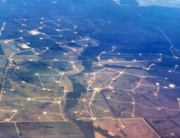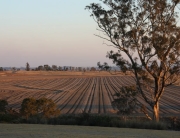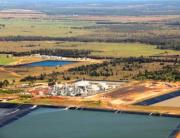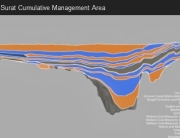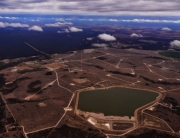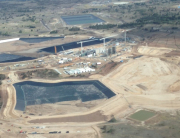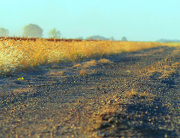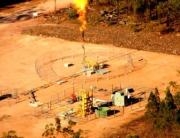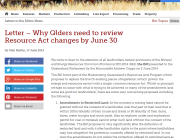Basin Sustainability Alliance Chairman Lee McNicholl has slammed Queensland Environment and Heritage Minister Dr Steven Miles for continuing to reduce the quality of the scientific debate around the extent and environmental consequences of current tree clearing rates after his latest misleading comments in Townsville.
Mr McNicholl said that Dr Miles habitually uses every opportunity to blame agricultural run off in coastal catchments for an unjustified amount of the variable damage along the Great Barrier Reef.
“We are trying to fix the cumulative impact of over 150 years of land use change, tree clearing, sugar cane growing and cattle grazing“ stated the politicking Dr Miles, before making the extraordinary claim that 80% of rehabilitation funds will be needed to address fine sediment run off in the Fitzroy catchment.
“Hypercritically he has failed to mention the impact of 209 “authorized releases” of coal mine water since November 2013. Giga litres of polluted tailings dam water from 42 coal mines have been poured into steams across the Fitzroy catchment.
Had Dr Miles earnt his Doctorate in Environmental Science rather than the dubious “science” of Political Science, he might have been familiar with a recent Griffith University research paper entitled, Land Use and Water Quality Trends of the Fitzroy River.” Mr McNicholl stated.
Mc McNicholl went onto to say that the authors analysed these trends from 1964-2008, because the Fitzroy Basin is one of the largest sources of freshwater and sediment for the Great Barrier Reef Lagoon. The Basin was largely undisturbed before 1960. Currently 90% has been cleared for grazing, cropping and sown pasture. Their findings are “there are no significant trends in mean annual sediment concentration nor in the sediment discharge into the GBR Lagoon”.
“If Dr Miles had any genuine scientific credibility he would be congratulating farmers for achieving such a great sustainability outcome instead of relentlessly demonizing us.
Further, if he was serious about climate change induced Great Barrier Reef damage he would be shutting down coal mines rather than turning a blind eye to their unsustainable activities” Mr McNicholl said.



